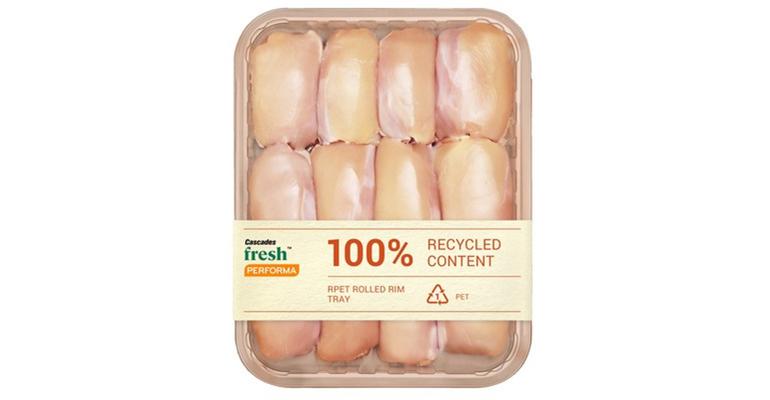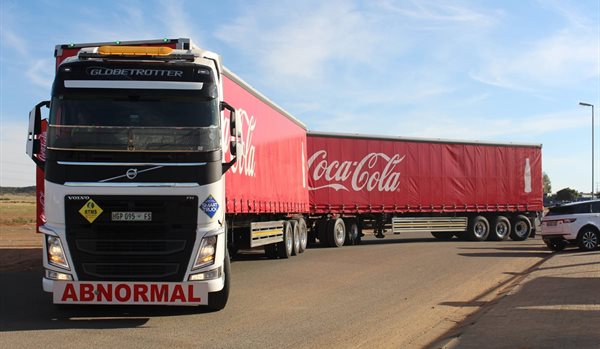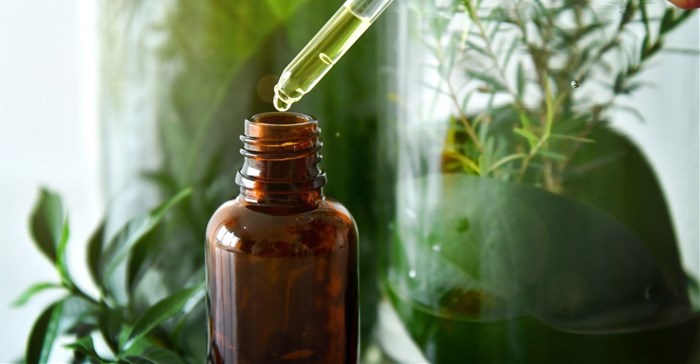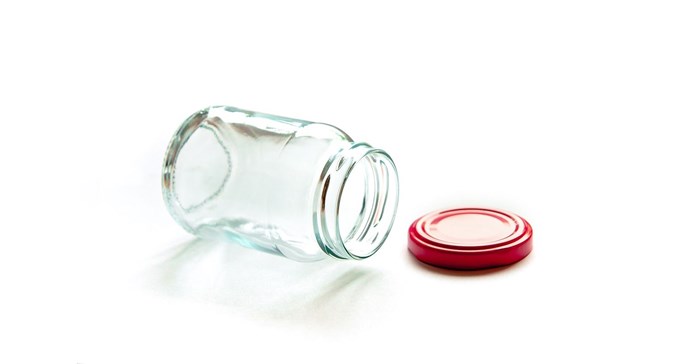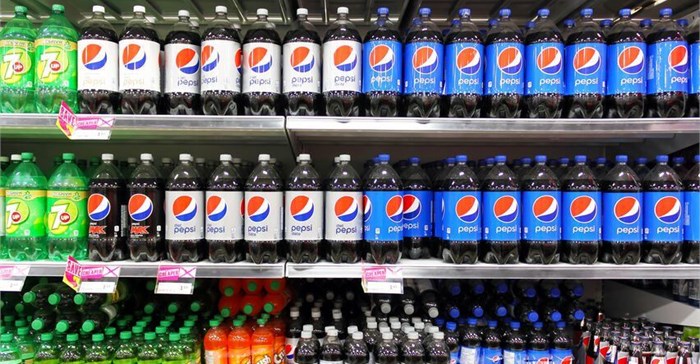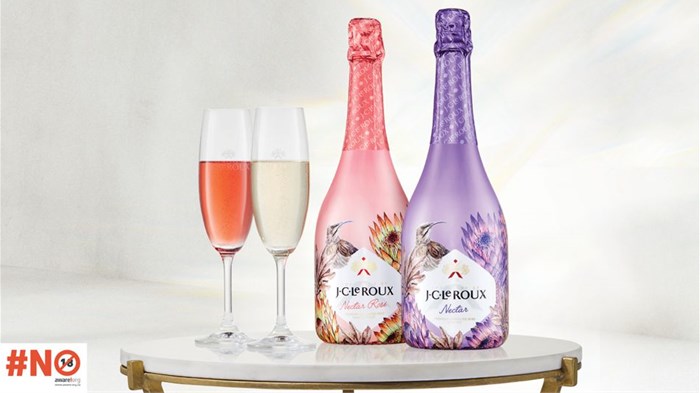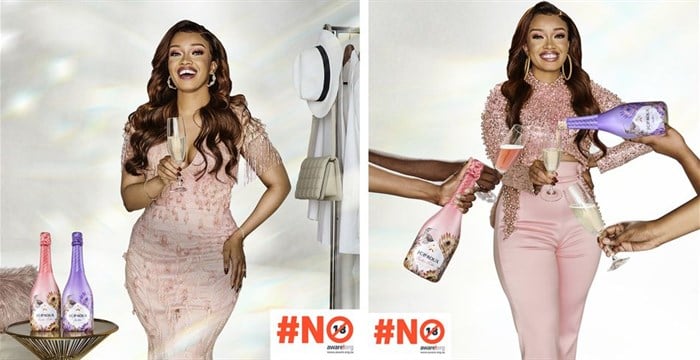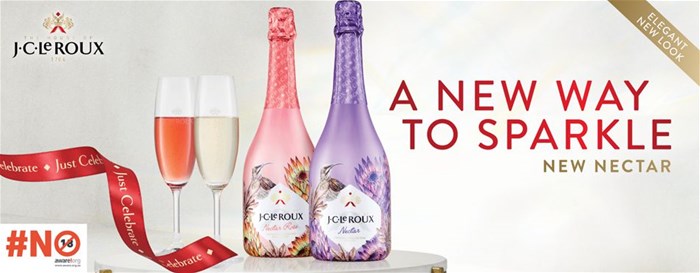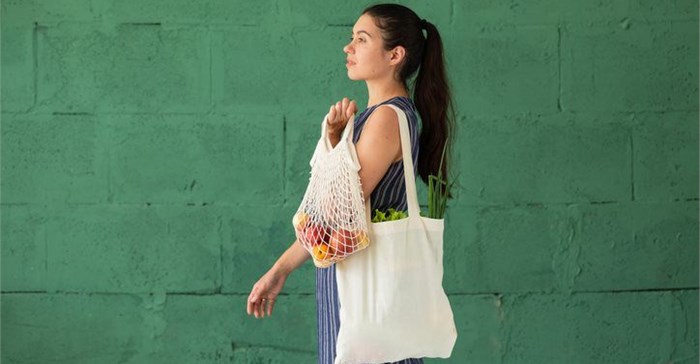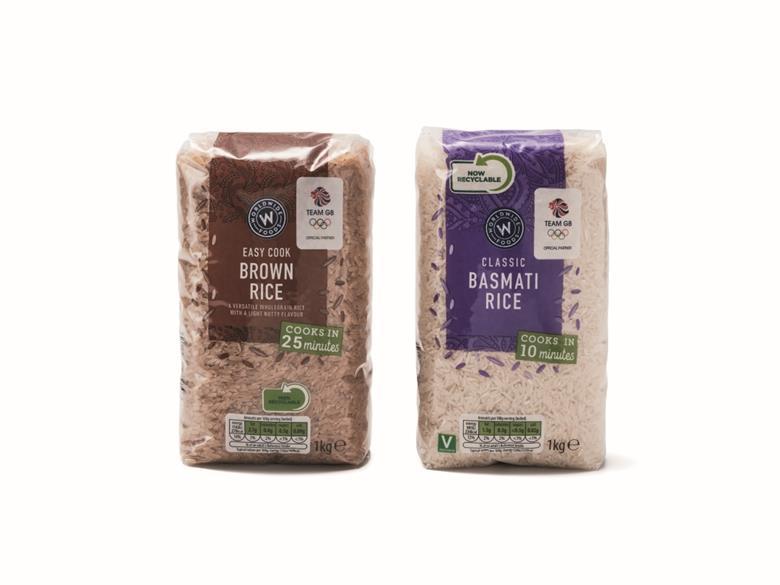As environmental awareness increases, both globally and locally, the amount of waste generated in South Africa is attracting more concern. Significant volumes of waste are still being diverted to landfill sites, which reflects a continued and dangerous “take-make-dispose” relationship with consumer products.
In response to both consumer and legislative pressures, some of South Africa’s largest retailers and brands are now putting a greater emphasis on the recyclability of their packaging.
The World Wildlife Fund South Africa’s plastics report (Plastics: Facts and Futures), published in November 2020, showed that out of the major municipalities, only eThekwini Metropolitan Municipality in KwaZulu-Natal and the City of Ekurhuleni Metropolitan Municipality in Gauteng have significant landfill space left. There is therefore an urgent need to divert plastic and packaging waste and other end-of-life materials away from landfill sites.
Legislative moves
The Plastic Carrier Bags and Plastic Flat Bags Regulations published under the Environmental Conservation Act, 1989 (Plastic Bag Regulations) are premised on the popular slogan: “Reduce, Reuse, Recycle”. Read with the plastic bag levy introduced in 2004 under the Customs and Excise Act, 1964, an indirect tax has been imposed on the movement, manufacture, or consumption of plastic bags. Retailers pass this tax onto consumers by charging for every sale of a plastic bag.
The Plastic Bag Regulations also impose certain “compulsory specifications” on plastic bags (such as a minimum thickness of 24 microns), to make plastic bags more environmentally friendly and reusable. Under the most recent amendments to the Plastic Bag Regulations, there is now a deadline that all plastic bags should contain designated amounts of “post-consumer recyclate” at certain intervals, until they ultimately contain 100% post-consumer recyclate content by 1 January 2027 (subject to permissible exceptions).
But our legislators have acknowledged that we need to do more in encouraging circular economy thinking and practices. In May 2021, the Extended Producer Responsibility Regulations published under the National Environmental Management: Waste Act, 2008 took effect, marking a new waste management policy approach that is now regulated by law.
Extended Producer Responsibility (EPR) is founded on product stewardship and the “polluter-pays principle”, to encourage circular economy practices (such as sustainable packaging design), increase recycling rates and divert waste from our landfills. The EPR Regulations prescribe mandatory EPR measures which designated producers of identified products in (among others) the paper, packaging and single-use product sector must comply with.
These include upstream obligations (i.e., regulating the design, production, and composition of products to encourage avoiding, reducing, and reusing waste), as well as downstream obligations (i.e., regulating the waste implications associated with products after their consumption, such as recovery, recycling, and disposal).
In support of the EPR Regulations and their requirements, the Department of Forestry, Fisheries, and the Environment (DFFE) published a Draft Packaging Guideline: Recyclability by Design for Packaging and Paper in South Africa (Draft Packaging Guideline) on 6 October 2021. Its main purpose is to reduce the volume of packaging in landfill sites by improving product design, increasing the quality of production practices, and promoting waste prevention.
The Draft Packaging Guideline focuses on the design of packaging to facilitate recycling and represents a small but important aid for the journey to sustainable production and consumption, specifically seeking to maximise the value of recyclate (where the specification of recycled materials in the design of new products supports the recovery of material).
Ethical marketing
Large retailers such as Mr Price, Woolworths, Shoprite and Spar and large brands such as Estee Lauder and Coca-Cola have, for several years, been aggressively pursuing sustainable packaging goals by developing, and increasingly using, environmentally friendly and sustainable packaging. This enhances the appeal of their products to many shoppers.
However, there are certain legal and ethical obligations relating to the advertising of sustainable packaging.
South Africa’s consumer protection laws give consumers the right to fair and honest dealing, disclosure of information and fair and responsible marketing which is not false, deceptive, or misleading regarding the services and product provided.
There is also a Code of Advertising, which requires brands and retailers to ensure that, among other things, all advertisements are legal, decent, honest, and truthful and prepared with a sense of responsibility to the consumer.
Brands and retailers should ensure that advertisements are not framed to abuse the trust of the consumer or exploit their lack of experience, knowledge, or credulity. They must ensure that advertisements do not contain any statement or visual presentation which, directly or by implication, omission, ambiguity, inaccuracy, exaggerated claim or otherwise, is likely to mislead the consumer.
Beyond these regulatory mechanisms, the marked rise of Environmental, Social and Governance (ESG) considerations and impacts which organisations are expected to understand, internalise and disclose against has brought with it a warning against ‘greenwashing’ – the phenomenon of conveying a false impression or providing misleading information about how a company’s products are more environmentally sound.
Brand owners and product labels need to be wary of false advertising, as an increased number of claims and litigation in the ESG space have been premised on greenwashing attempts by big corporates and retailers.
Where will this lead?
These measures all demonstrate the importance being placed on sustainable packaging and providing accountability mechanisms to root out false advertising in various industries. Failure to adopt and abide by these mechanisms will see a significant increase in ESG-related litigation based on misrepresentation and sustainability falsehoods in product labelling and packaging design.
It is becoming increasingly clear that the sustainability and competitiveness of brands is linked to their ability to give effect to the concept of “recyclability”, namely that it must become both technically and economically feasible to recycle product packaging. This will require brands to support and implement circular economy practices and initiatives in packaging design.
With the legislative mechanisms now in place, we expect a variety of mechanisms, solutions and initiatives being implemented throughout the packaging value chain.
Manufacturers, converters, importers and brand owners of certain types of packaging (such as glass, metal, paper packaging and single-use plastic) will, following their registration with the DFFE under the EPR Regulations, now be required to budget for the implementation of upstream and downstream measures to improve the recyclability of their products at the end of their life – whether on their own or by paying Producer Responsibility Organisations (registered non-profit companies in the recovery and recycling space) to do so on their behalf.
We understand that industry is also working on universal and uniform labelling requirements, which are expected to be enforced in the near future.
The informal waste sector will play a crucial part in the mandated EPR schemes that will be implemented in the packaging sector, as will innovative technologies to track packaging materials, their use, and their composition throughout their lifecycle.
Due to climate change, recyclability should be at the forefront of product design and development and brands ought to remember that they have an ethical and legal duty to contribute to the South African consumer sector’s environmentally sustainable future.
Source:
https://www.bizcommunity.com/Article/196/178/223010.html


